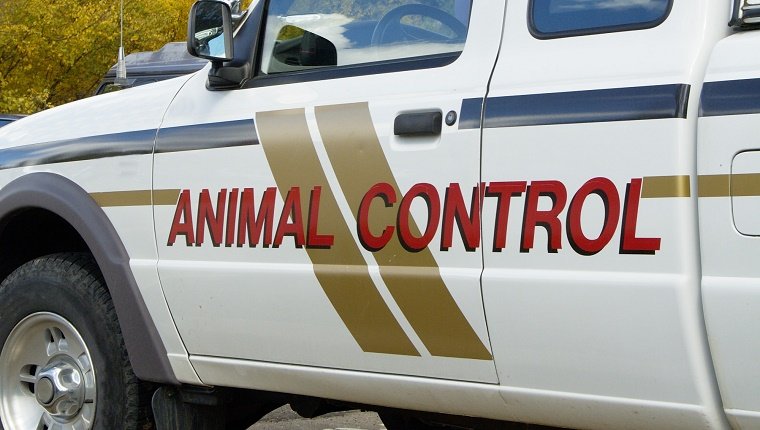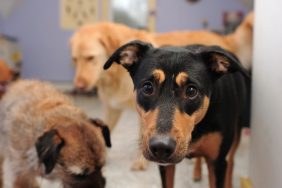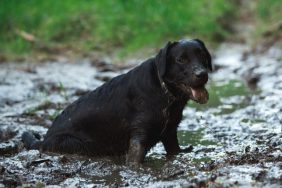National Animal Care And Control Appreciation Week is celebrated during the second full week of April every year. The officers of animal control deserve our thanks as they serve our communities and sometimes even put their lives on the line.
Some also go above and beyond, like Denise Gove, an officer who rappelled 100 feet down into a ravine to save a ten-week-old puppy. We should recognize animal control officers for all the hard work they do, some of which you might not be aware of.
Here are six duties animal care and control officers perform for our communities and our animals that deserve appreciation.
How else do animal control officers take care of our communities? Will you spread the word about Animal Care And Control Appreciation Week to say thanks? Then let us know in the comments below!
Things Animal Control Does That Deserve Our Appreciation
-
Picking Up Pets When Seniors Or Disabled People Can't Care For Them Any More
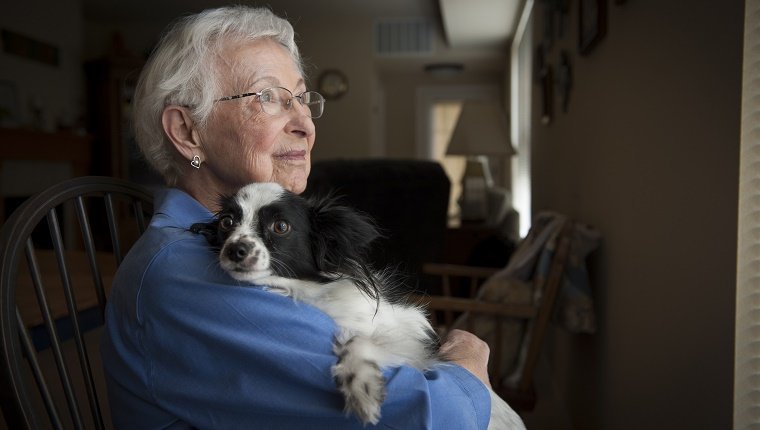
(Picture Credit: Getty Images)
One of the hardest decisions and elderly person or a person with disabilities can make is the decision to give up a pet when they can no longer care for them.
Animal control officers will come and pick up these pets to bring them to an animal control facility, most of which work very closely with other local shelters and rescue groups to ensure as many dogs as possible can be re-homed.
It's comforting to know that if the worst should happen, they will help find someone to provide the care that you can no longer give.
-
Investigating Animal Cruelty, Abuse, & Neglect
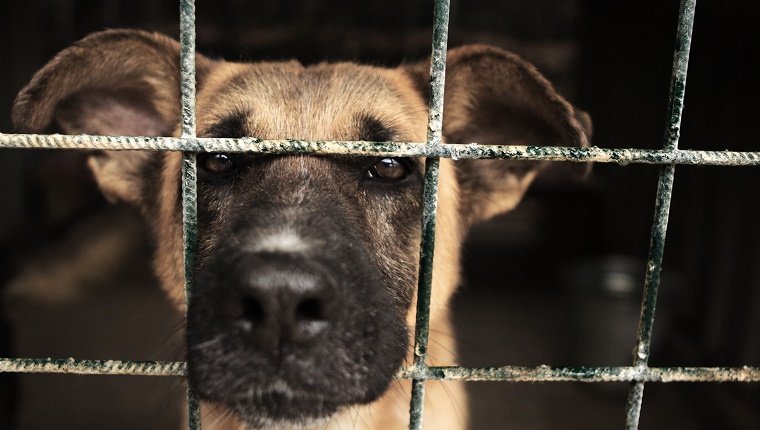
(Picture Credit: yrjar78/Getty Images)
When you report signs of animal cruelty, abuse, or neglect, it's animal control that shows up on the scene to investigate and make sure those animals get to safety.
This can be a dangerous task, as anyone who harms an animal could potentially harm a human being, too. Animal control regularly works alongside rescue groups like the ASPCA when it comes to pulling animals out of dangerous situations like animal hoarding or puppy mills.
-
Responding To Bite Incidents And Noise Complaints
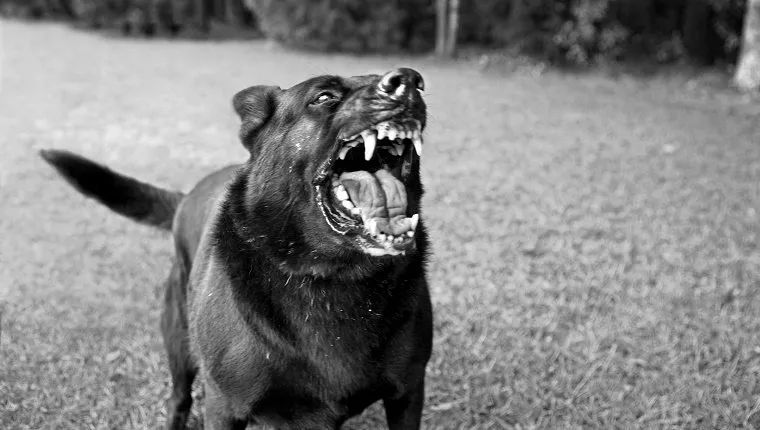
(Picture Credit: Getty Images)
If an animal bites you, your loved ones, or your pets, officers will arrive at the scene to get the aggressive animal under control and investigate the incident.
They will also look into noise complaints when a neighbor's pet is causing a nuisance.
They're there to issue citations and hold pet parents responsible for proper training and care, which helps keep you and your own animals safe.
-
Responding To Calls Of Stray Or Lost Animals
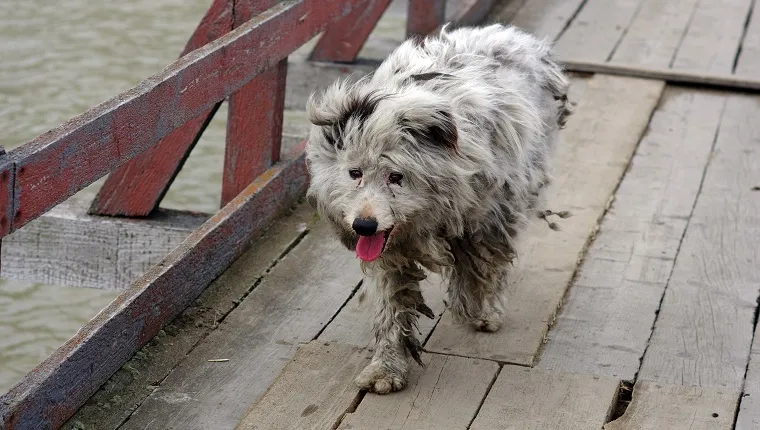
(Picture Credit: Vladimirovic/Getty Images)
When someone makes a call to authorities about a stray animal on the loose, animal control responds. They take strays who can carry diseases or pests like fleas and ticks that can spread to the pet community off the streets, and they also help find lost animals.
Every dog and cat officers bring in to government run facilities like animal control gets scanned for a microchip, which helps lost pets get back to their humans as quickly and safely as possible.
-
Assisting In Rescuing Animals From Fighting Rings
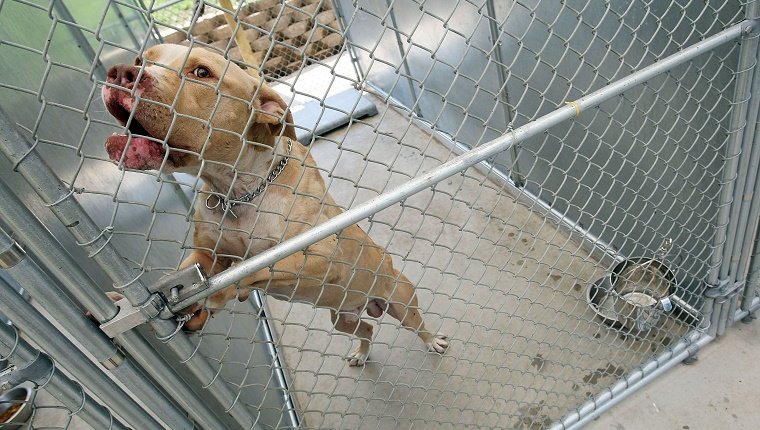
(Picture Credit: Mario Tama/Getty Images)
When animal fighting rings are discovered, animal control officers arrive at the scene to take care of the dogs, roosters, and bait animals that need help.
They work with groups like the ASPCA to make sure that all animals they take in get the best chance at finding the care they need.
In one case, they rescued 23 Pit Bulls from a dog fighting ring in North Carolina. In another, they saved 17 dogs in a Florida dog fighting ring, along with rabbits, chickens, and raccoons used as bait to train the dogs to fight.
-
Relocating Wildlife Back To The Wild
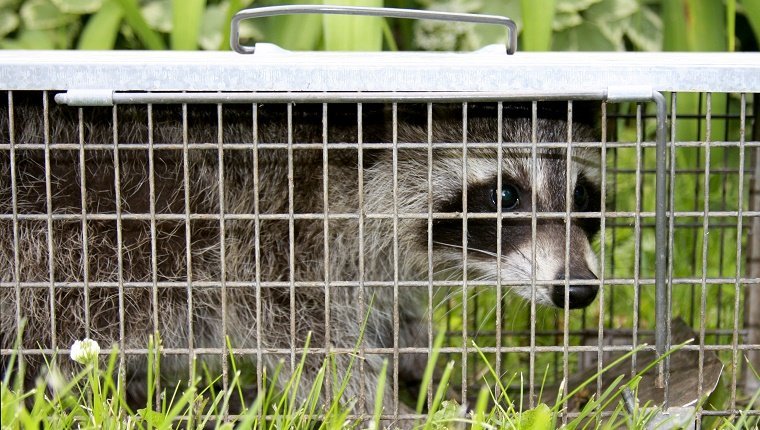
(Picture Credit: Dcwcreations/Getty Images)
As human towns and cities spread, many animal populations are displaced. Some animals, however, find that humans provide an easy food source. Sometimes they raid garbage cans and bring fleas and diseases into human communities.
Certain animals, like coyotes, wolves, or alligators, can view our pets as prey and enter our yards to attack them. Animal control officers risk their own safety to capture these creatures and move them far away from humans so they can live in a natural habitat where they belong.
In doing so, they keep us safe from pests and diseases, and they keep our pets safe from predators.
